Polycystic ovary syndrome, or PCOS, is a very common condition in women.
Polycystic ovary syndrome can have a significant impact on your well-being, even if you are not considering pregnancy at this time. The diagnosis of PCOS is made by medical history, some lab tests and an ultrasound of your ovaries.
There are three criteria for the diagnosis of polycystic ovary syndrome, or PCOS
- a history of anovulation (not releasing an egg on a regular basis, usually diagnosed by a history of irregular periods)
- having signs of hyperandrogenism (excessive hair growth, acne or high blood levels of certain hormones);
- and ovaries that have a certain characteristic appearance on ultrasound.
To have the diagnosis of PCOS, you must have 2 of the 3 criteria and one must be hyperandrogenism, according to certain criteria. If you do not meet these criteria, other fertility treatments are still available.
The diagnosis of PCOS is a diagnosis of exclusion
A diagnosis of exclusion means that other conditions such as hypothyroidism (too little thyroid hormone), hyperprolactinemia (too much prolactin hormone), and congenital adrenal hyperplasia (an inherited disease) must be ruled out by a few lab tests. As even normal-weight women with PCOS have an increased risk of glucose intolerance, diabetes, and high cholesterol, appropriate tests for these conditions will likely be performed.
If attempting pregnancy with PCOS, treatment options often include clomiphene or letrozole, which may be used in combination with other medications. If unsuccessful, injectable medications or IVF may be recommended.
Many women with PCOS have a condition called hirsutism, which is essentially increased hair growth that often follows a male pattern (face, below the umbilicus) This coarse body hair occurs because of androgen (testosterone) effect of the pilosebaceous units -PSUs-, which include the hair follicle.
2/3 of women with PCOS have issues with hirsutism, and the number of PSUs is determined by ethnicity. This means that women with Asian or Northern European heritage tend to have fewer problems with hirsuitism with PCOS than other ethnicities. Acne is also promoted by androgen stimulation of the pilosebaceous unit, and afflicts roughly 1/3 of women with PCOS.
If you live in the greater South Central Texas area and you’re having trouble getting pregnant, contact us today to find out more about our innovative fertility treatments.

